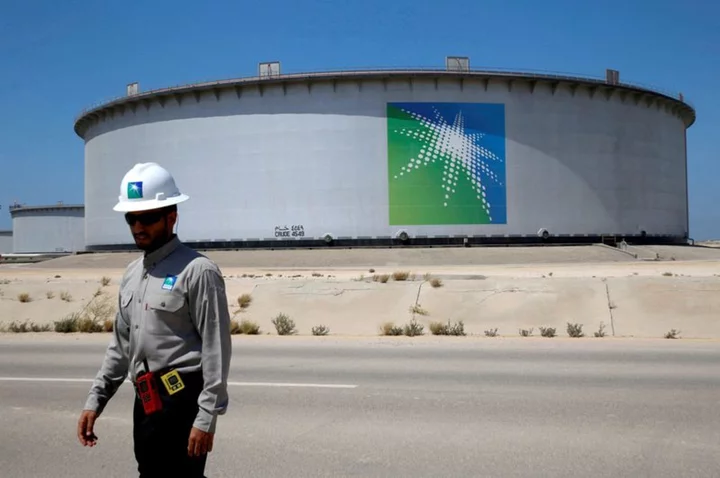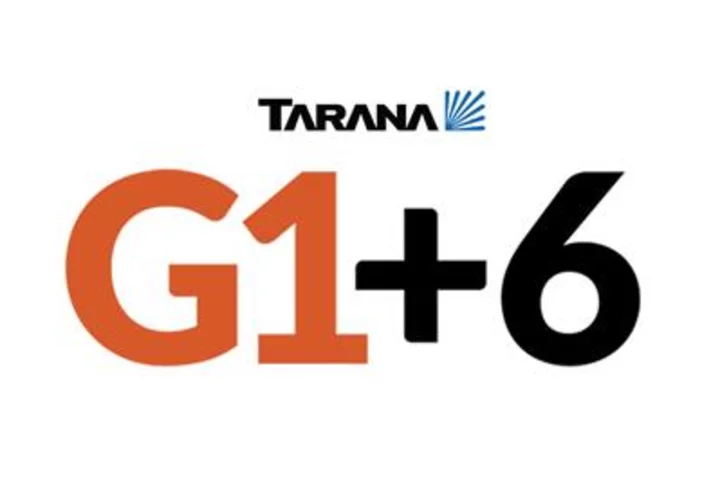By Katya Golubkova and Trixie Yap
(Reuters) -Oil prices were set for a weekly gain of around 2% after regaining ground on Friday as strong holiday demand from China and persistently tight U.S. fundamentals outweighed expectations of possible supply increases from Saudi Arabia.
Brent November futures which expire on Friday rose 5 cents to $95.43 per barrel. Brent December futures gained 13 cents to trade at $93.23 per barrel at 0335 GMT.
U.S. West Texas Intermediate crude (WTI) climbed 16 cents to $91.87 per barrel.
The market eased about 1% in the previous session, as traders took profits after prices soared to 10-month highs, and some worried that high interest rates may weigh on oil demand.
Improving macroeconomic data from China, the world's largest oil importer, coupled with strong fuel demand as the country as it embarked on its week-long Golden Week holiday on Friday, supported prices.
"(An) increase in international travel during the Golden Week holiday is boosting Chinese oil demand," ANZ analysts said in a client note.
Domestic travel is also expected to boost demand, with data from flight app Umetrip showing the average number of daily flights booked is a fifth higher than for Golden Week in 2019, before COVID.
China's factory activity likely steadied in September, a Reuters poll showed, adding to a run of indicators suggesting the world's second-largest economy has begun to stabilise which could bolster demand further. Official data is due on Saturday.
The U.S. economy maintained a fairly solid pace of growth in the second quarter and activity appears to have accelerated this quarter, data showed on Thursday, indicating that strong fuel demand could remain.
A backdrop of tight supplies in the U.S. provided further price support, with storage at Cushing, Oklahoma, the delivery point for U.S. crude futures, already at their lowest since July 2022. [EIA/S]
"U.S. oil production is set to slow as well due to falling rig counts. Lower supply and record global demand of 103mb/d could push the market into a deficit of more than 2mb/d in the last quarter."
Traders are awaiting next week's meeting of the Organization of the Petroleum Exporting Countries and allies, together called OPEC+, for indications on whether Saudi Arabia might want to step up supply following a nearly 30% jump in prices this quarter.
"There is likely reluctance amongst participants to push too much higher right now with the market clearly in overbought territory," said ING Bank analysts in a client note.
"There is also possible nervousness that OPEC+ and specifically Saudi Arabia could start to ease cuts earlier than scheduled if prices move much higher," they added.
The OPEC+ ministerial panel meeting is scheduled for Oct. 4.
"Next week's OPEC meeting will be a key update for the market with increasing probability the voluntary supply cuts by Aramco are reduced," said National Australia Bank analysts in a client note.
(Reporting by Katya Golubkova; Editing by Jamie Freed and Sonali Paul)









